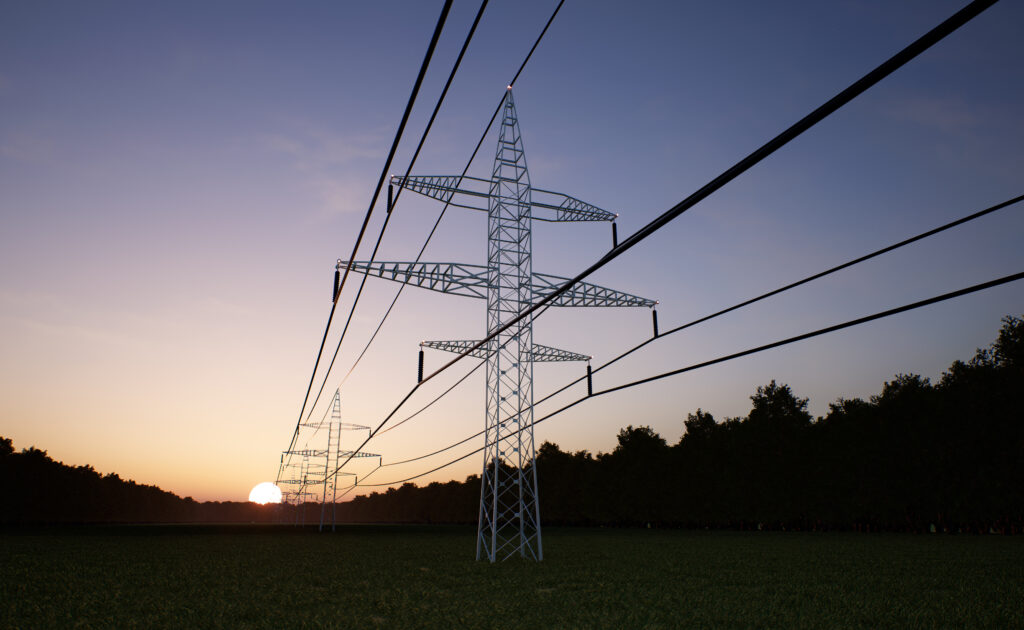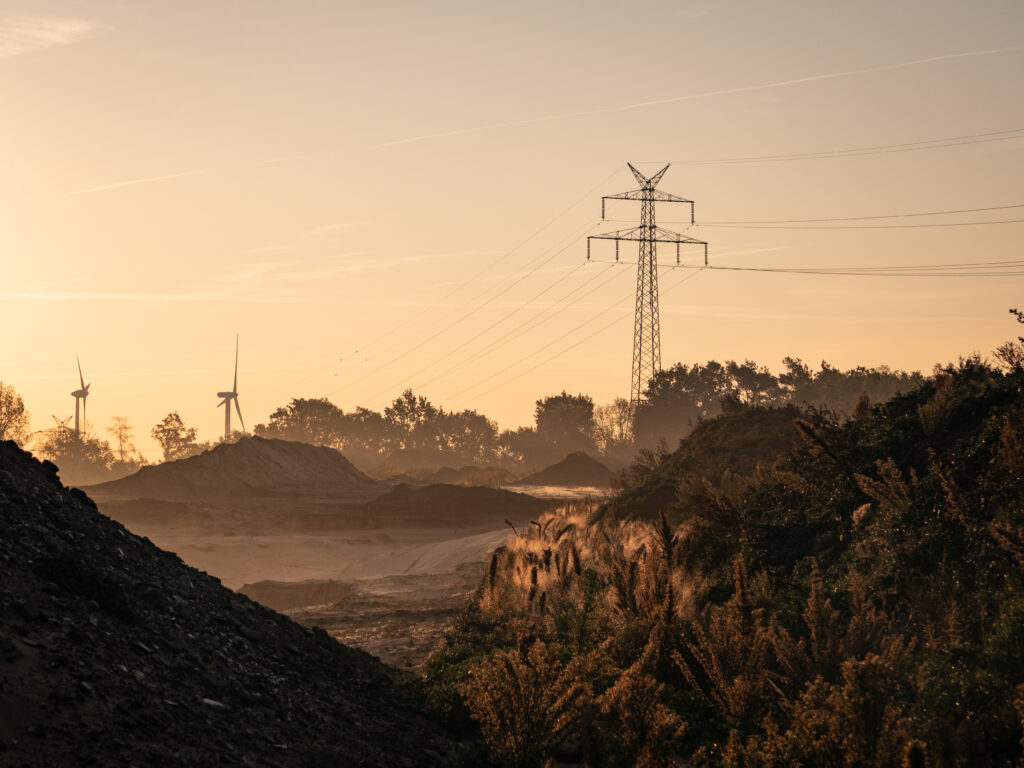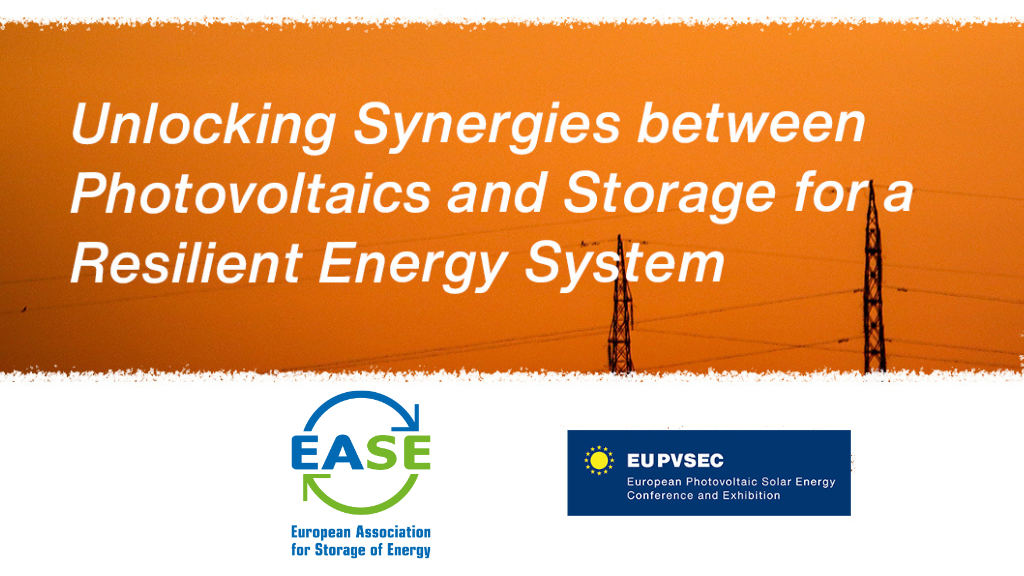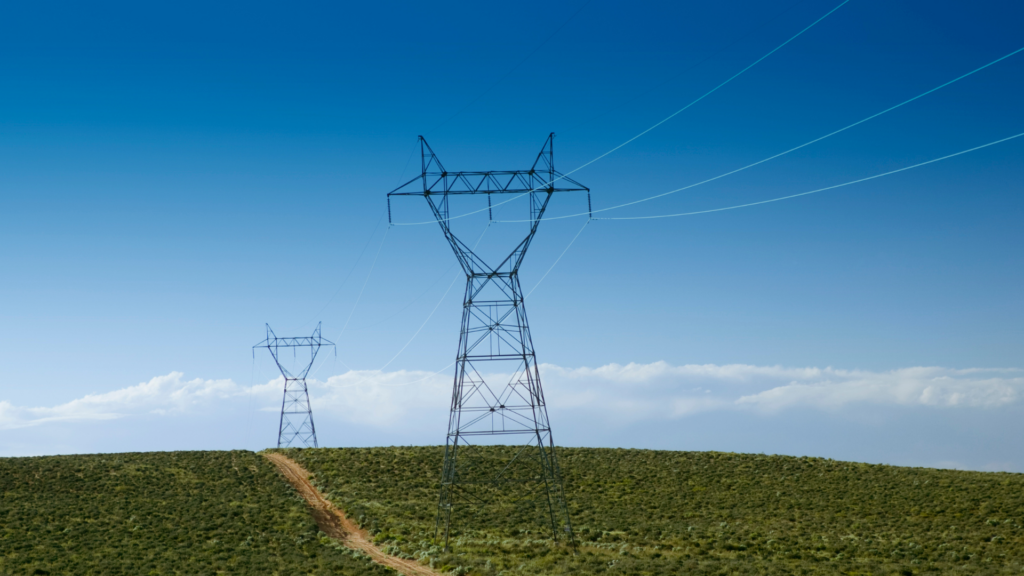June 2020 / Policy Papers - Responses to Public Consultations
EASE Response to the European Commission Public Consultation on the 2030 Climate Target Plan
EASE submitted a response to the European Commission's public consultation on the 2030 Climate Target Plan.
The energy storage industry is committed to supporting a socially just and cost-effective energy transition with high levels of ambition. The 2030 Climate Target Plan should send clear signals to investors and industry, especially given the impacts of the COVID-19 pandemic.
EASE’s key recommendations:
- Increase the EU’s 2030 target to reduce greenhouse gas emissions domestically to at least 55% compared to 1990. This is essential in order to speed up Member States’ efforts to achieve climate neutrality by 2050.
- More ambitious climate policy brings with it many opportunities: improving energy security and reducing dependency on imported fossil fuels; creating new green jobs; lowering pollution, improving health, and increasing well-being of citizens; and mitigating costs associated with climate change to society. Increased climate ambition will strengthen investor confidence, allowing the EU to mobilise more resources for the energy transition. This is important given the economic impacts of the COVID-19 pandemic; a higher 2030 target sends a strong message regarding the commitment to a green recovery.
- The benefits associated with higher climate ambition clearly outweigh potential drawbacks. Although reaching higher 2030 targets represents an investment challenge for EU industry, this will ultimately lead to savings for consumers. However, in order to deliver on an ambitious 2030 Climate Target Plan, the EU and Member States must work together to implement rapidly the Clean Energy for All Europeans Package and support investments in enabling technologies including energy storage.
- Energy storage can support decarbonisation of sectors across the economy, enabling them to reach higher ambition levels:
- Energy supply: achieving a higher penetration of renewable energy, electrification of final energy use, and better integration of the gas, heating and cooling, and electricity sectors will be essential to decarbonise energy supply. Energy storage has a very important role to play in each of these areas.
- Mobility/transport: increasing uptake of clean vehicles (EVs and FCEVs), incentivising sustainable consumer choices and low-emission mobility practices, and increasing investment in sustainable transport infrastructure and solutions.
- Buildings (both residential and commercial): maximising self-consumption of variable renewables (e.g. by coupling solar PV with batteries or integrating thermal energy storage) and decarbonising heating & cooling are important actions that the Renovation Wave and related EU policy measures should target. Policies related to buildings should also enable consumers to provide flexibility to the system by participating in various markets.
- The energy transition must be just and socially balanced. The EU should support actions including energy system modernisation (focusing on increasing flexibility and increasing renewable energy deployment) and re-skilling workers currently specialised in greenhouse gas intensive sectors. Energy storage should be explicitly considered in the Just Transition Fund and associated policy measures, given its role in supporting renewables deployment.
- Research, innovation, and deployment should prioritise investments in energy storage, alongside renewable energy deployment, sustainable and smart mobility, and the broader hydrogen economy.




